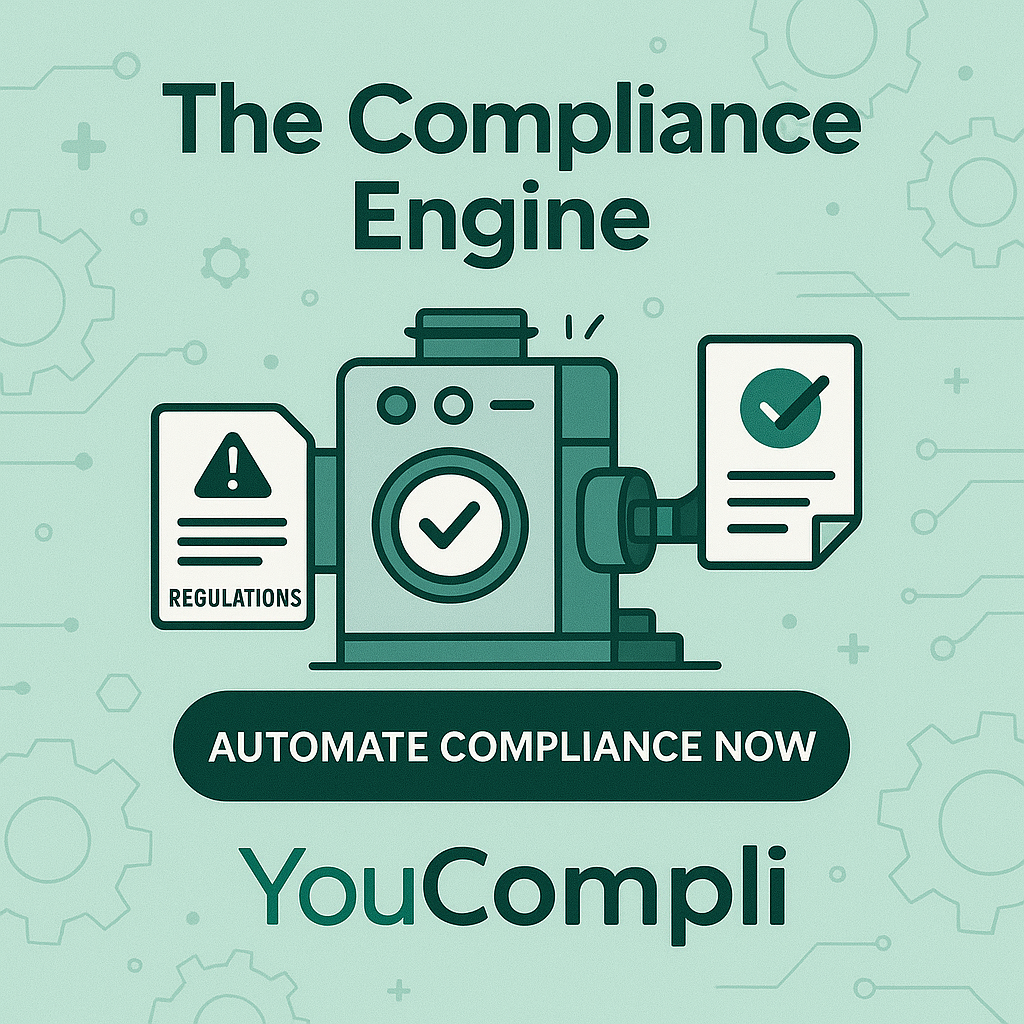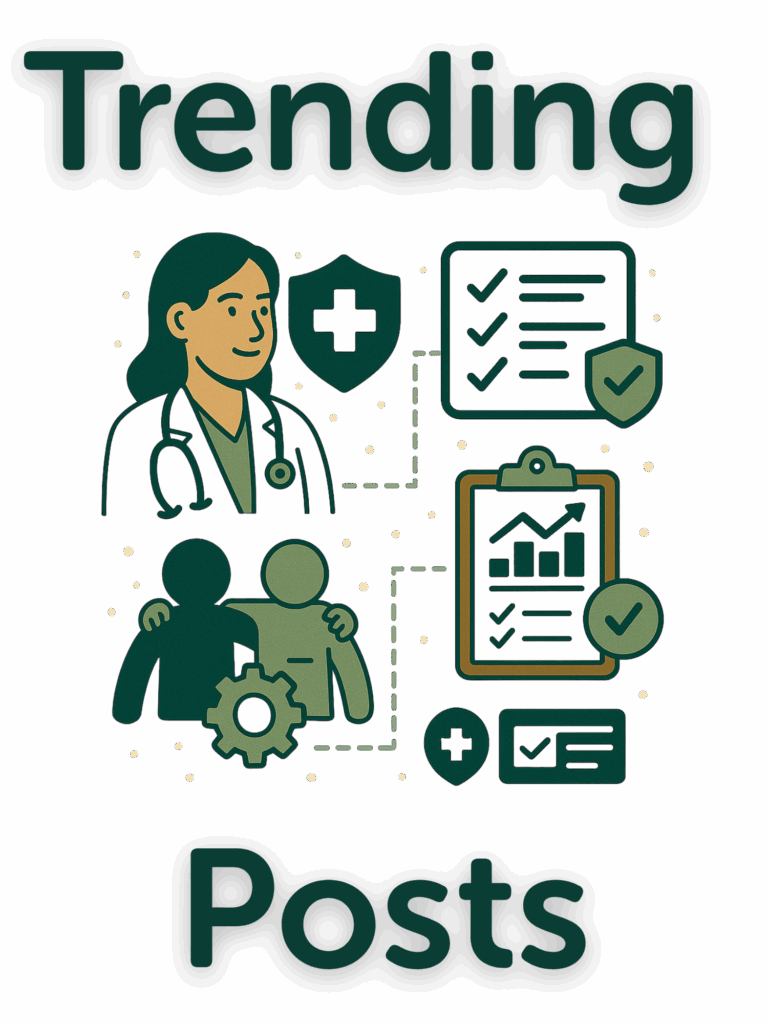
This blog goes deep into regulatory intelligence for healthcare, guided by the expert commentary of longtime compliance veteran, Bethanne K. VanderMolen. [See bio at end.] It covers everything from reg intel basics to how the overall process works to AI’s potential contribution.
Question – What does regulatory intelligence in healthcare mean, and what do expert compliance professionals do?
Bethanne VanderMolen – Regulatory intelligence is an organized process that keeps healthcare systems in line with the copious regulatory agencies and legislative bodies directing healthcare. The full regulatory change management process supports operational decision making, compliance program updates, risk mitigation, policy maintenance, and strategic planning.
As Expert Compliance Professionals (ECPs), we gather, analyze and apply information about new and revised regulations, guidelines and enforcement trends to help organizations maintain compliance and guide strategic decisions.
While we do a lot of systematic monitoring, the work goes beyond that. The regulatory intelligence life cycle isn’t complete unless you turn that information into action. Know what’s changing, understand the effect on your organization, and respond!
Q – What do you think is important for clients to know about regulatory intelligence work? What is something most people might not realize?
BV – Regulatory intelligence is dynamic and requires vigilance when reviewing changes. Google alerts are not a regulatory strategy or risk management program. Yes, we use tools and tech, but real regulatory intelligence takes interpretation. AI cannot do this work. I spend a lot of time reading between the lines to know not just what a rule says, but what it means.
What people might not realize is that we review a lot of material that never goes anywhere. That’s just as much a part of this job.
Q – What does a regulatory intelligence expert or ECP do? What kind of background do you need?
BV – An ECP is part detective, part translator and part strategist. We constantly scan federal and state laws, guidance, enforcement trends and policy, and review and analyze regulatory updates.
There isn’t a single path to becoming a compliance intelligence professional. A background in healthcare is very helpful, along with certification in healthcare compliance. You must have a strong regulatory background, meaning you have had to personally review, interpret and act on regulatory updates (not simply be subject to such changes). You really need that hands-on involvement in policy monitoring, regulatory change management, procedure updates, etc.

Q – What skills and strengths are needed to do well in this role?
BV – A regulatory intelligence professional must be detail-oriented and self-motivated. You must be an analytical thinker with strong reading comprehension. You see the big picture, and you’re tech-friendly.
About the Regulatory Intelligence Process
Q – Tell me about the process used to review and extract regulatory requirements.
BV – These are the steps in our regulatory intelligence process:
- First, log the item in the tickler file. Then I conduct my “first read” so I know what I’m reviewing and can identify if these are updates, new information, etc. I figure out who issued the reg, their authority, and if the update is proposed, final or advisory. I might also flag some items that may require a deep review.
- Develop an “Extras sheet” that I can use to develop my screening questions, categories and tasks. This usually involves identifying some key words that will help me build these pieces. I also identify who it affects and check the enforcement dates.
- Find any other relevant documents. Sometimes you need to locate older versions or comparison documents from the state, various boards or federal government.
- Second read: Highlight changes and identify items with operational impact. Eliminate unnecessary information. Note items that may be “of interest” to a provider.
- Develop the customer’s compliance tool using the highlighted changes. This will focus on the updates or new information that they need to know.
- Review for standardization items. We try very hard to keep every tool’s format and language consistent between the various compliance professionals developing the tools. The group agrees to a set of guidelines that keep style, language, and grammar consistent.
- Check my work.
- Create in the YouCompli system using all the above.
- Submit to validator and revise as necessary. (A validator checks our work and provides support and a sounding board.)
- Track through tickler.
Q – What’s the hardest part of regulatory intelligence services as a job? What do you like most?
BV – There are times when regulatory agencies write conflicting things or make mistakes in their text. Then you must do a lot of research to figure out what is “right.” That’s the hard part. It can also be challenging at times to figure out what is really being communicated and then appropriately simplifying for the customer and making sure you’re not leaving anything on the table.
I love this job. It’s very flexible. When I’m stuck on something, I can move to a different task or assignment. That helps a ton when you’ve been working on a large reg that requires a lot of review. Knowing you can leave it and sleep on it is a great benefit to the job.
I also like the people. I can honestly say this is one of the few jobs where people are genuinely pleasant to work with and supportive of one another.
Benefits and Outcomes
Q – What do regulatory intelligence services offload from compliance teams?
BV – I have been a compliance “department of one” with little to no support or resources. The responsibility for managing every regulatory update from every agency affecting our organization was overwhelming.
What these regulatory intelligence services offload are the tasks of scanning all agencies for updates. You feel like someone is supporting you. What you do with the information is up to you, but not having to search for it or worry that you may have “missed” something is amazing.
There was nothing worse in my previous lives than feeling like my days and nights had to be spent checking for changes. Or hearing a “rumor” that something was changing that you had no idea about. It was difficult to carry the stress of having to seek out all regulatory updates on my own, and no single association or board provides everything. You don’t want to let down your organization. YouCompli has your back, so you don’t have to have that stress anymore.

I was never lucky enough to have YouCompli outside of the pandemic in my other roles. YouCompli was generous during Covid and provided their resources for free during that time. It helped me stay afloat when I was working 16-hour days, six to seven days a week. I will always be grateful.
Evaluating Regulatory Intelligence Services
Q – What’s important for compliance leaders to know about regulatory intelligence services?
BV – Our regulatory intelligence services don’t just help you keep up; they put you ahead if you choose to carry the process through the entire compliance life cycle. The life cycle approach allows you to collect crucial information, then target policy changes, take action, and manage organizational risk if you use the information. In the current regulatory environment these services are becoming increasingly essential.
The services also provide a great way to show compliance program effectiveness. If you’re utilizing YouCompli software and incorporating it into your risk management and compliance reporting processes, you can demonstrate proactive risk mitigation and value. It really helps mature your compliance department and will be valuable in any audit process.
Good regulatory intelligence will also help operations leaders make good decisions, so it creates a great team dynamic for organizations when they use our regulatory intelligence resources.
Q – What functionality should a compliance leader look for in a regulatory intelligence partner?
They should look for more than just access to laws and updates. Compliance leaders should assess how well the service contributes to timely, relevant and actionable compliance decisions.
Required functionality checkpoints for compliance partner:
- Jurisdictional coverage
- Timeliness
- Context/analysis
- Customization
- Integration into workflow
Q – What should health systems look for when a regulatory intel vendor says they offer these capabilities?
- Proactive monitoring – Be certain they are monitoring what affects YOU. Also look for source transparency.
- Impact assessment – Offers tailored results and prioritization for action.
- Strategic plan – Look for collaboration tools.
- Expert analysis – Check qualifications.
Q – How do you feel about AI and regulatory intelligence? Any potential there?
BV – Absolutely. As with all healthcare, AI is going to be a great partner for compliance. We just need to figure out how to incorporate it in a responsible and human way. There is nothing that replaces the human experience. AI value really depends on how it is implemented.
When I look at a reg that affects nursing homes, clinical services or therapy, there’s a personal connection that can’t be duplicated by AI. I know what the operator in the nursing home would want to know, even if it’s not highlighted by AI. I know what surveyors use and how they interpret regulatory language. I have been part of clinical action, training and policies, and understand what the clinicians need to know to do their jobs.
But AI can provide real-time monitoring and scanning faster than humans. It can process language effectively and summarize key information such as dates, entities, etc. There’s a ton of potential for AI in this space. It’s not entirely trustworthy just yet, but it’s getting there fast! AI is going to be a powerful tool in healthcare compliance, but it needs to be well-validated and always used with human oversight.
Want to learn more about compliance without chaos? Reach out for a look at our regulatory compliance services and software.
About Our Expert
Bethanne VanderMolen is a veteran compliance professional with more than 20 years of experience in the healthcare space, including compliance and regulatory intelligence. Her career path started as a clinician, where she cut her teeth as a Speech Language Pathologist. With commitment and skill, Bethanne rose from Rehab Director to Regional Director, VP of Rehab and Corporate Director of Rehab.
In these roles, Bethanne found herself conducting surveys and writing policies, which inevitably drew her to the roles of Chief Compliance Officer and Director of Risk Management. Her subject matter expertise and hands-on experience have assisted departments and facilities through federal, state and local regulatory audits and surveys.

Bethanne’s dedication to staying on top of these regulations and providing real-time updates and actionable guidance is second to none. Armed with extensive experience in developing and maintaining clinical, administrative and regulatory policies, she’s an excellent source of insight and advice about healthcare compliance.
Bethanne’s expertise and commitment to the industry make her an invaluable resource for leaders navigating the complex world of regulatory compliance. Her advice is rooted in practical experience and a thorough understanding of the regulatory environment that shapes healthcare today.

- One Compliance Pro’s Regulatory Change Management Process
- Five ways to show how healthcare Compliance delivers value
- Revenue Cycle Management Compliance: Ensuring…
- 12 key metrics for compliance officers looking to…
- Transforming Compliance to a Department of Yes
- Three Strategies to Align Compliance with Revenue Cycle
- Mitigating Conflicts of Interest that Drive Profit…
- How the Three Lines Model Strengthens Healthcare Compliance
- Navigating Compliance Responsibility: A Foundation…
- Elevate Healthcare Quality Training: Focus, Not Filler


